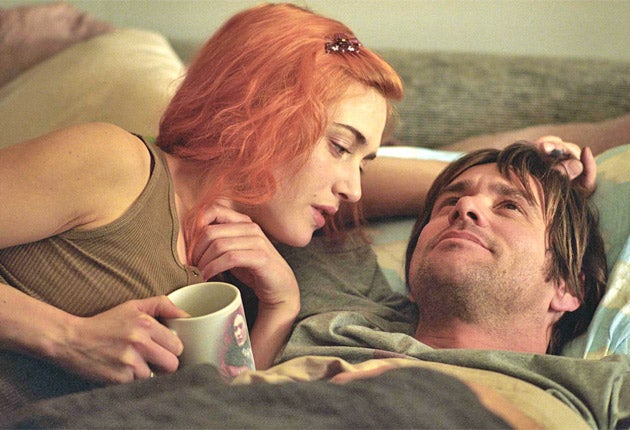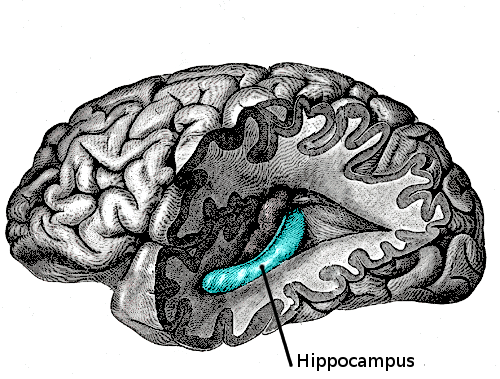Your memory rewrites the past and edits it with new experiences, study finds
Memory reframes and edits events to create a story to fit your current world

Our memory is a poor way of recording events, a study has found, as it rewrites the past with current information, updating recollections with new experiences.
In the study, How your Memory Rewrites the Past, researchers looked at the exact point in time when incorrectly recalled information was implanted into an existing memory.
The team found that memory rewrites the past with current information, updating recollections with new experiences. This form of editing happens in the hippocampus, working as the memory’s version of a film editor or special effects team.
It does this to help us survive and adapt within constantly changing environments, and to encourage us to focus on things that are important in the present.
Their results raise questions over the reliability of eyewitness court testimony, the team concluded.
In the study, researchers at Northwestern University, in Chicago, asked 17 male and female participants to study 168 object locations on a computer screen with different backgrounds, such as an underwater ocean scene or an aerial view of farmland.

Participants were then asked to place the object in the original location but on a new background screen. In each attempt, the researchers noted they would always place it in an incorrect location.
They were then shown the same object but in three locations on the original screen and asked to choose the correct location from three options: the place they originally saw the object, the location they chose to place it in or a brand new location.
Participants always put the object it in the location they choose during the second part of their task, suggesting their memory had changed to reflect the location they recalled on the new background screen, lead author Donna Jo Bridge at Northwestern University explained.
"This shows their original memory of the location has changed to reflect the location they recalled on the new background screen,” she said. "Their memory has updated the information by inserting the new information into the old memory.”
"Our memory is not like a video camera," Ms Bridge added. "Your memory reframes and edits events to create a story to fit your current world. It's built to be current.”
The study also has implications for the way we recall key events in our lives – such as the ‘love at first sight’ moment.
"When you think back to when you met your current partner, you may recall this feeling of love and euphoria," Ms Bridge said.
"But you may be projecting your current feelings back to the original encounter with this person."
The study is published today in the Journal of Neuroscience.
Join our commenting forum
Join thought-provoking conversations, follow other Independent readers and see their replies
Comments
Bookmark popover
Removed from bookmarks